A COVID-19 Economy and Stewardship.
Note: This is a bonus post Marlin Sommers wrote in response to current events. The second part of the “Business as Stewardship” post will be released next week. (Part 1, Part 2)
Factories, Gardens, Giving, Guns: A COVID-19 economy and Stewardship.
Jobs have been lost, hours have been cut, and businesses have closed. So far, the economic impact of COVID-19 is enormous. The scale and duration of the slowdown remain to be seen. It hangs not only on the course of the virus, but on the course our various governments take to fight the virus.
Like any economic difficulty, a COVID-19 economy highlights the need to steward our resources, whether those resources be meager or vast. Hard times can actually clarify our understanding of basic Christian economics. Let’s consider four themes:
- Prepare to Share
- As Public Health Allow, Maintain Fundamental Productivity and Invest for Good
- Lend Righteously
- The One who Takes the Sword Will Perish by the Sword
1. Prepare to Share
“Do not neglect to do good and to share what you have,” we are instructed; “for such sacrifices are pleasing to God” (Hebrews 13:16). Sharing resources with others should be the most obvious stewardship response. It is both a constant biblical theme and an obvious response to seeing people forced to leave their jobs and stay home.
Social distancing requires unemployment to be effective. After all, the goal is to minimize physical proximity and not all jobs can be done remotely. Governments attempt the tricky task of dividing work into essential and non-essential categories so they can keep some people home while others maintain food production and other essentials. Thus some people work feverishly while others can’t work their job.
Trimming “non-essential” work is not all bad. For the most part, it’s a good thing if people cook more at home and buy less at restaurants. The trouble is that instantly shutting down restaurants deprives many of a means of paying for essential goods and services. We who still have our jobs, or who have significant assets, need to help shoulder the burden they face, whether through organizations or through direct giving. After all, their job loss is for our sakes.
Government action helps distribute the burden of COVID-19 unemployment across society, by providing unemployment compensation, welfare programs, and “stimulus.” We should not resent such government actions, or what they might cost us in taxes. On the other hand, we should not expect the government to eliminate the need for us to share.
2. As Public Health Allows, Maintain Fundamental Productivity and Invest for Good
The ability to share depends on the availability of resources and resources depend on work. Gifts of money will not feed the world if agriculture ceases. Planting, tending, and harvesting must go on. Neither will giving money feed people if supply chains and distribution networks are out of commission. (COVID-19 is unlikely to harm our supply chain, but the possibility is worth reflecting on.) Sustaining food, medical care, and communication requires a vast network of businesses—everything from manufacturing tractor parts, to driving fuel trucks, to IT and accounting. These can temporarily be shut down in strategic areas, but by and large they must go on.
We need to creatively sustain fundamental infrastructure and production capacity in our sphere of influence. Factory and shop owners should proactively think about how to safely keep up key production and about possibilities for repurposing their setup to meet urgent needs that may arise. The same holds true at the household level. Gardens deserve extra energy in a time when production and supply chain disruption are possible. If we can’t go about our normal work, we would do well to use opportunities to increase household production of various sorts and to scrounge and repair items that we would otherwise replace. Such work provides a little margin against possible economic shutdowns and can reduce, at least a little bit, dependence on the generosity of others.
Creative employment should be sought. While those with wealth must be willing to simply give to those in need, hiring them, when possible, has obvious advantages. The trick is putting people to work without subverting public health regulations. This is easiest to do if you can address actual shortages and essential needs. Otherwise creative thinking is in order. Can you hire somebody to revamp a website or software system remotely? Can you hire a neighbor with a chainsaw to cut firewood on your land or to do a bit of culling and thinning for “timber stand improvement”? Can you have a tenant maintain or improve the rental property they occupy? Think outside the box, but don’t expect creative employment to eliminate all need for giving.
A forced pause from daily activity is a good time to think long term. What can you do, or have someone do that will pay off in the future? Can you do proactive maintenance with materials already on hand? Can you learn new skills or study new topics? Can you invest in a project with a future payoff? It might be a good time to put up the fencing that has been sitting in the barn for years.
3. Lend Righteously
Strikingly, the Mosaic law commands lending and forbids interest. While we are not under Torah, and some forms of interest can be godly, we should attend to the principle behind the command. The principle is intensified in the New Covenant, with constant exhortations to share our possessions and the instruction to lend expecting nothing in return. The gospel puts our principle and assets at risk, to say nothing of interest. Lending things, whether vehicles, tools, or money is a stewardship principle for hard times.
Why is interest so abominable in the Old Testament? Largely, because interest and collateral enabled those with money (or grain) to acquire others’ productive assets. Creditors could claim fields, houses, vineyards, and even the people themselves as slaves. In difficult times, the righteous wealthy will help others keep their dwellings and means of livelihood. The unrighteous wealthy will see an opportunity to buy homes and businesses for cheap, turning homeowners into tenants and business owners into employees. Far from seeing need as an opportunity to force others to sell cheap, Christians are willing to liquidate some of their own assets. Of course, no such urgency applies to helping someone keep a vacation home, pleasure boat, or sole ownership in a business empire.
4. The One who Takes the Sword Will Perish by the Sword.
Recent events have spiked sales of guns and ammo. People want to protect themselves and their stuff. This is, of course, a fundamentally non-Christian response. We would rather give away our last food than shoot someone trying to steal it.
COVID-19 is unlikely to plunge America into a worst-case economic scenario. Those usually result from war or (very) bad governance. But perhaps the little bit of panic we see with a COVID-19 economy can get us to think about how we would respond. Wars, famines, and economic devastation happen regularly, even if they are far from current American experience.
So, what would happen if the American food system and distribution channels fell apart? If true disruption lasted very long people with stashes of supplies could quickly face bands of men with guns, and cattle would often be stolen out of fields. In many parts of America gun fights would become frequent. Engaging in a gun fight to protect your stuff is not only anti-Christian, it is also likely to get you killed by a gun. Proactive Christians would instead work to establish alternative market channels for food, give as needed, and seek to peacefully maintain breeding stock and productive capacity. But, where that is unsuccessful, they will accept joyfully the plundering of their property (Hebrews 10:34).
Tags:
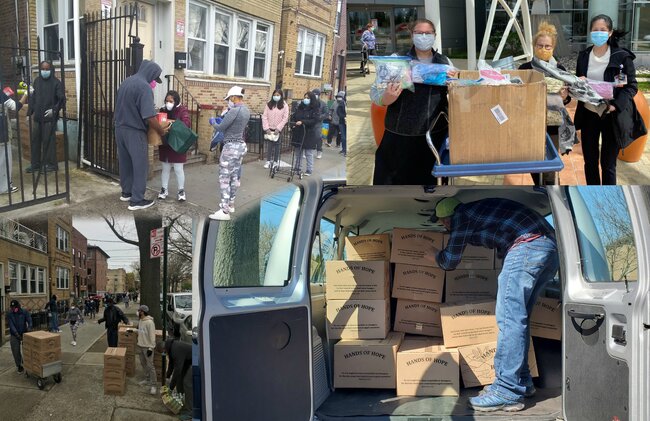


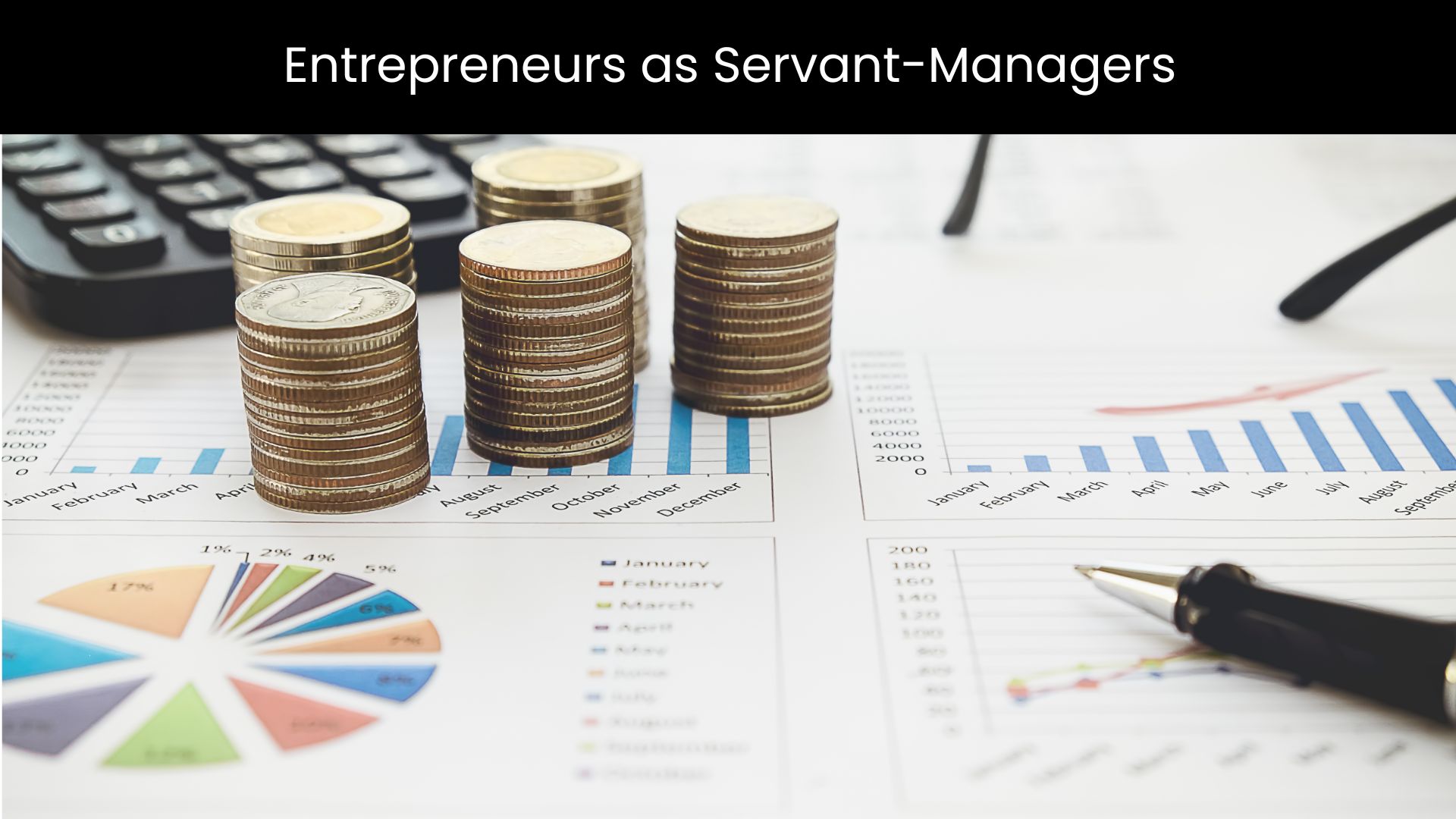
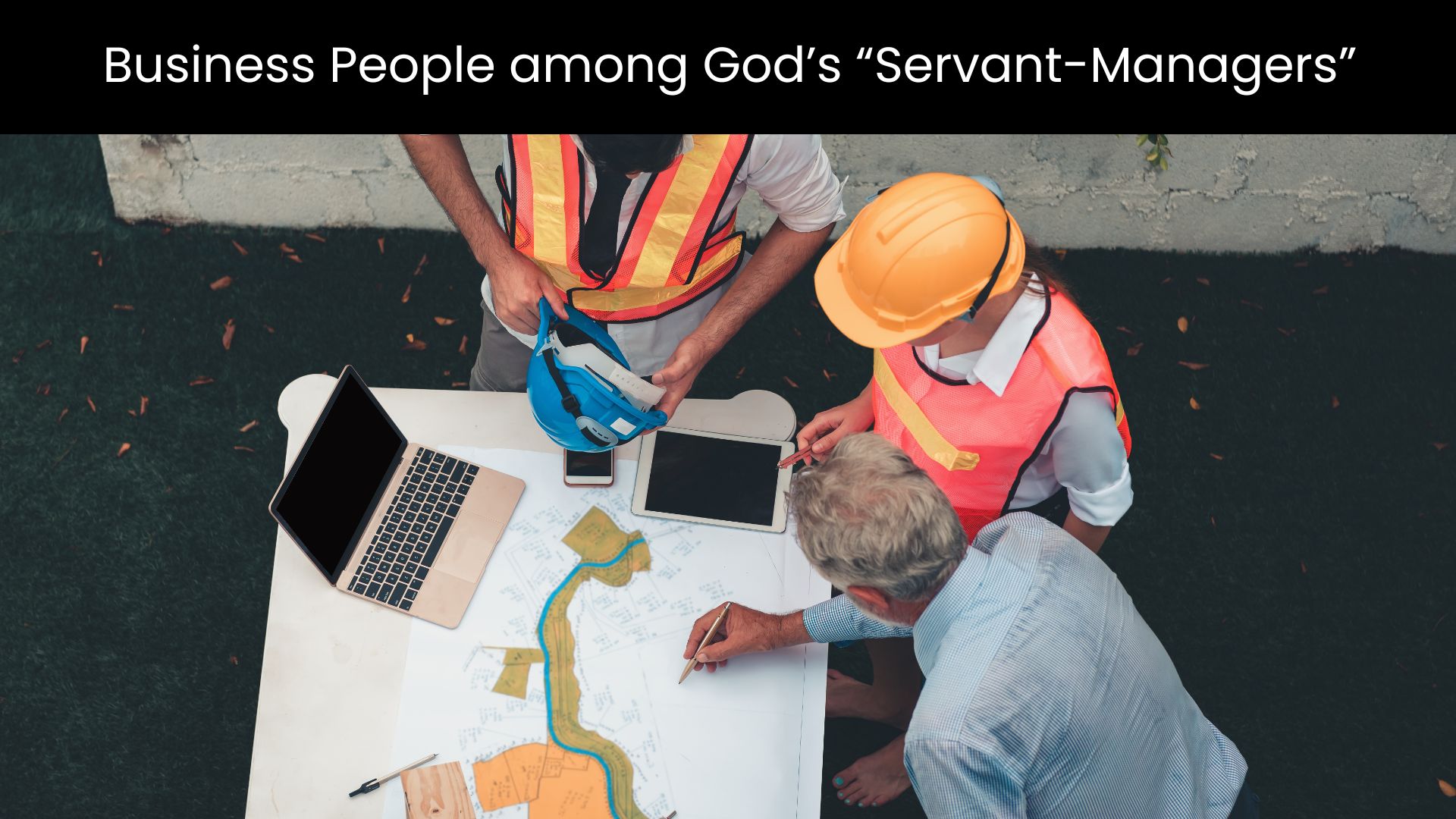
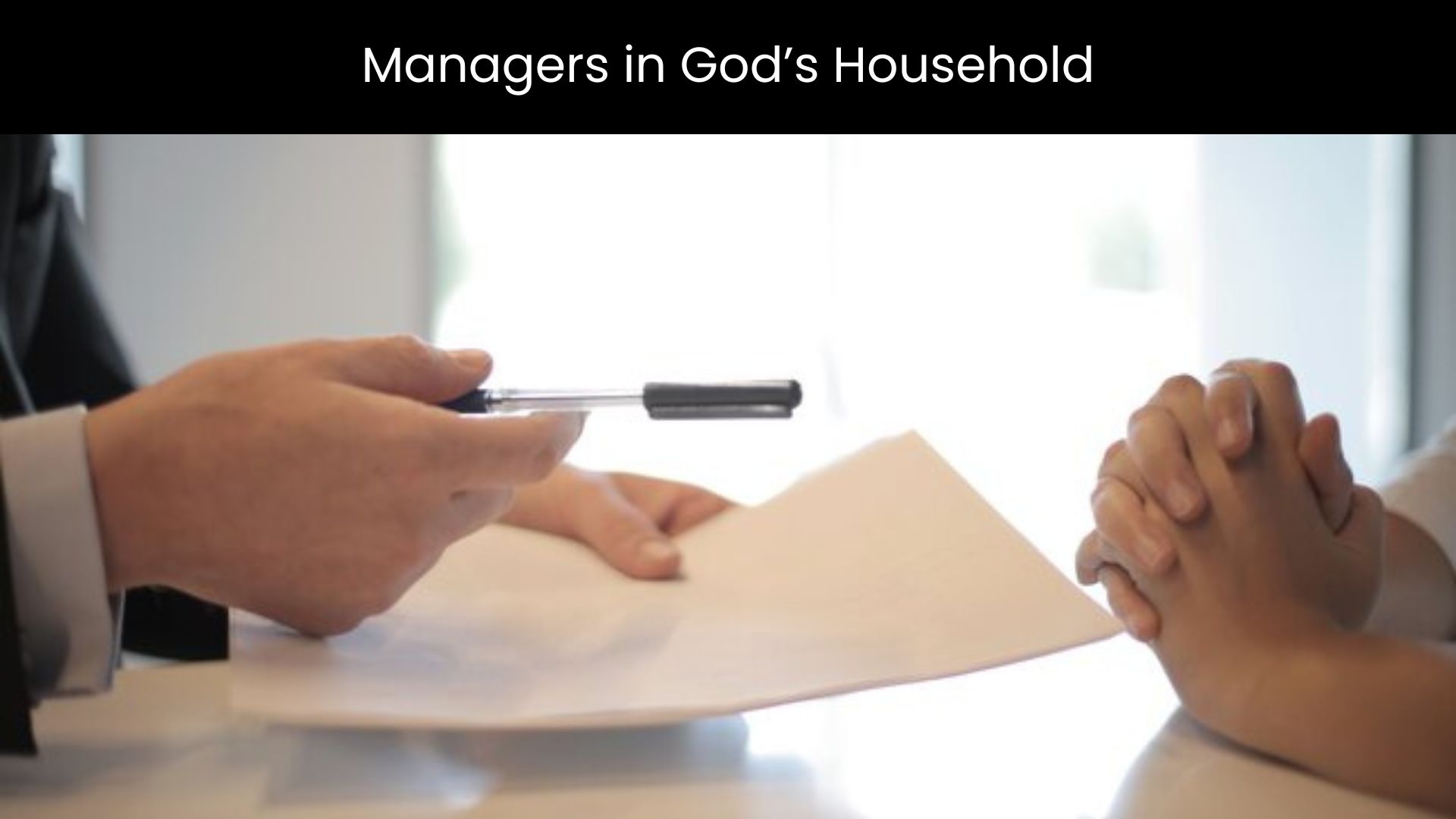


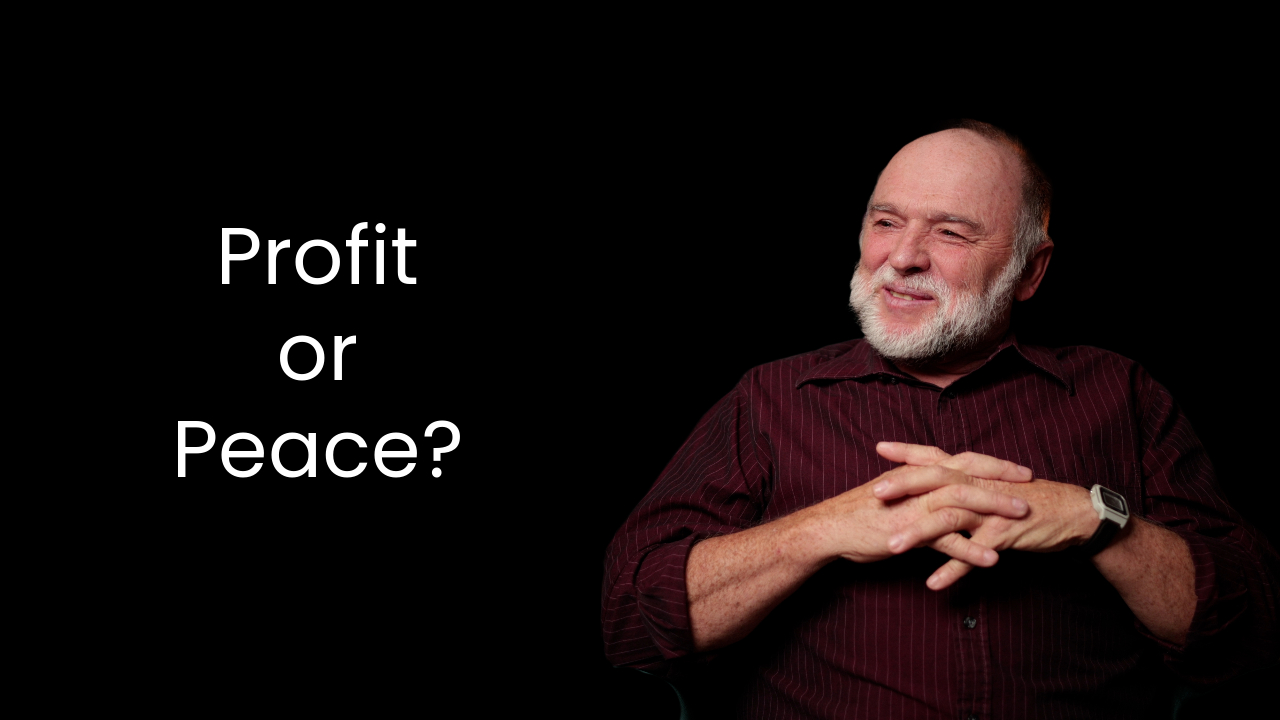
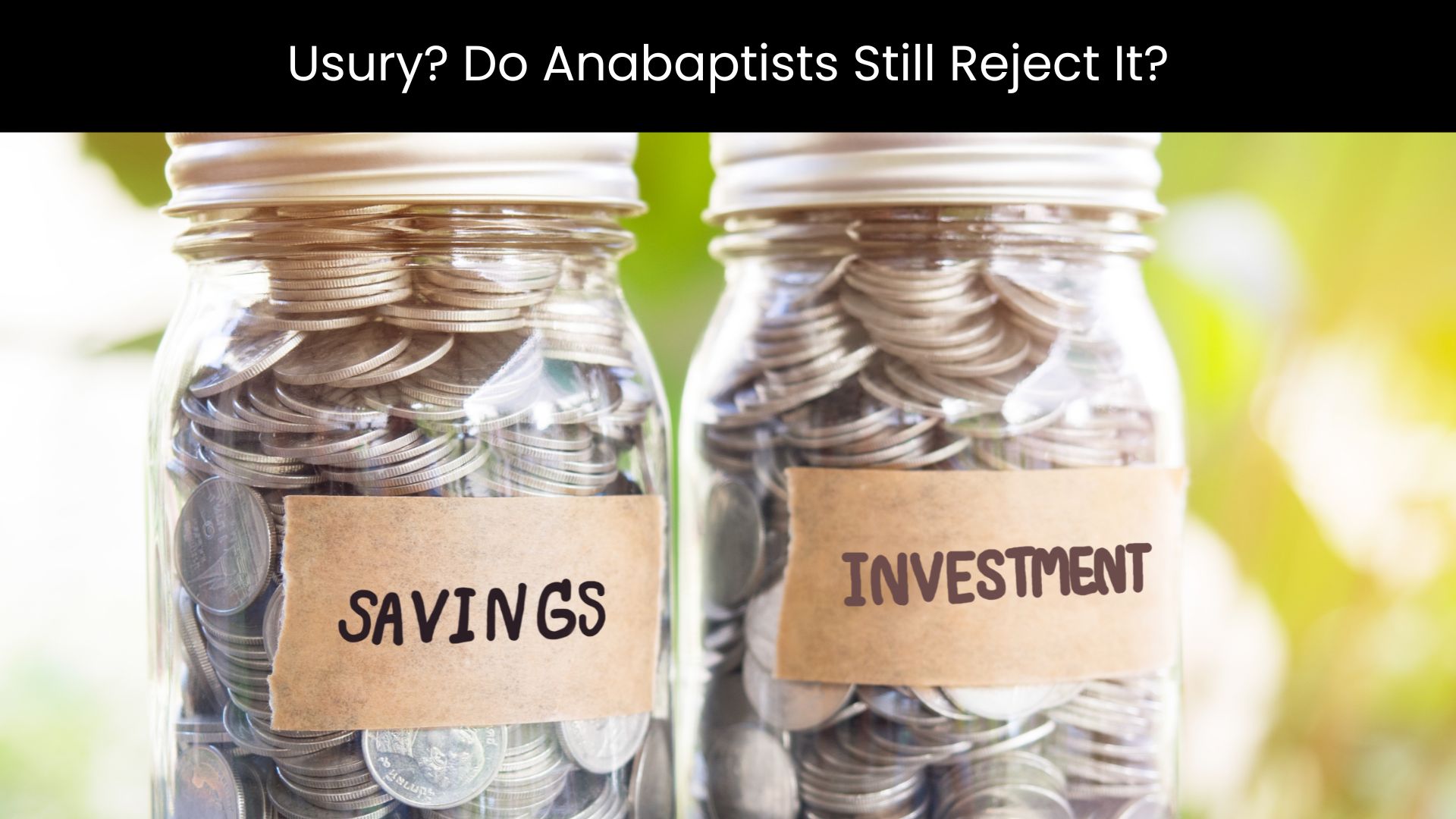
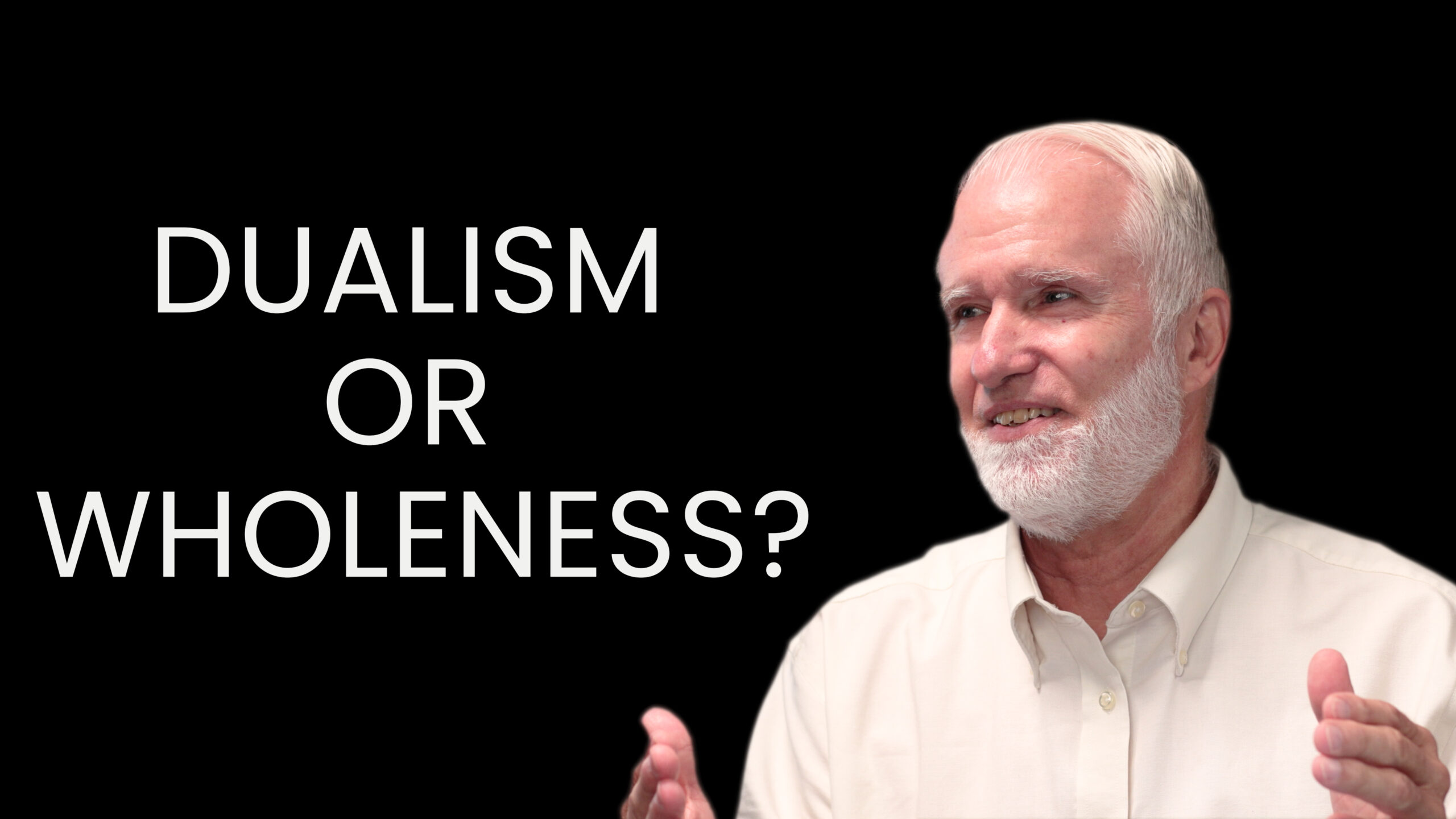

Leave a Reply